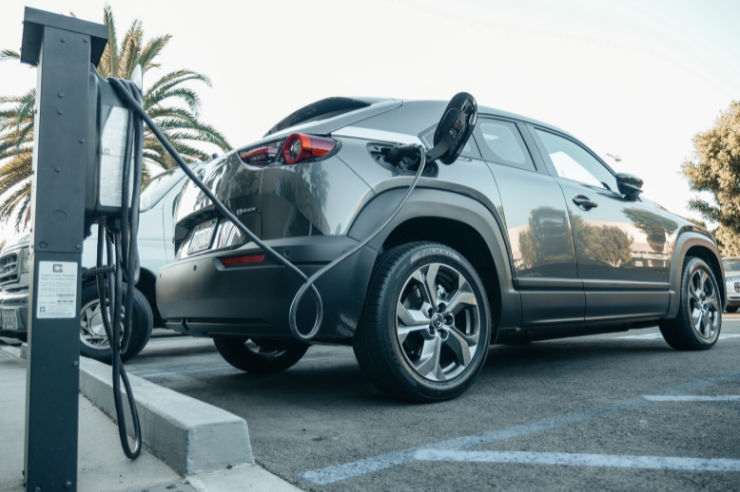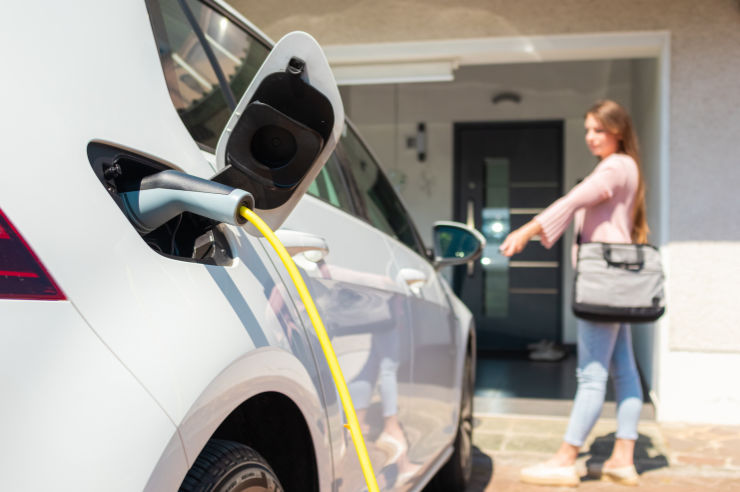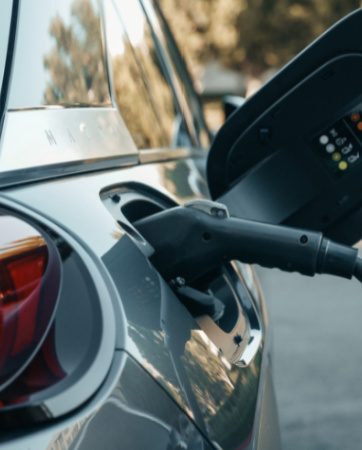Driving Electric: Grants and Incentives Available
As Ireland moves towards a more sustainable future, electric vehicles (EVs) are becoming an increasingly attractive option for motorists. To encourage the transition from petrol and diesel cars, the Irish government and various other agencies offer a range of grants and incentives. If you're considering making the switch, here’s everything you need to know about the financial support available to EV buyers in Ireland.
SEAI electric vehicle grant

Zero Emissions Vehicle Ireland (ZEVI) electric vehicle grants are administered by the Sustainable Energy Authority of Ireland (SEAI) and provide grants for new electric vehicles to help reduce upfront costs.
Private buyers can obtain grants of up to €3,500 providing their new battery electric vehicles (BEVs) have a full price of between €14,000 and €60,000. The full price includes any optional extras such as painting and delivery but does not include incentives such as rebates. Anything that falls outside these prices will not qualify for the grant. For a full breakdown of grants and other supports available to you, check here.
It’s important to note also that as of 2023, plug-in hybrid electric vehicles (PHEVs) no longer qualify for grants.
VRT relief for electric vehicles
Vehicle Registration Tax (VRT) relief is available for new and imported electric vehicles. The maximum amount of relief available on BEVs is €5,000 and this is specific for fully electric vehicles” hybrids and PHEVs do not qualify for the tax relief.
There are different levels of relief available on electric vehicles. Vehicles with a market price of up to €40,000 will be granted relief of up to €5,000 and vehicles with a market price of more than €40,000, but less than €50,000 will receive reduced levels of relief. However, there is no VRT relief for any electric vehicles with a market price of above €50,000.
This incentive will remain in place until at least the end of 2025, at which point it will be reviewed.
Home charger grant

To make home charging more convenient, the SEAI offers up to €300 in the form of a grant for the installation of an electric vehicle home charging point. To be eligible for this grant, you must meet certain criteria.
This grant will only cover off-street installation on private properties and the charger must be connected back to the home of the applicant. The property must not have received an EV home charge point grant payment before and work must not commence before the start date on your letter of offer; if you do commence work prematurely, this expenditure will be deemed ineligible, and you won't receive grant support for it. The installation must be carried out by a registered electrical contractor.
Are you interested in applying for this grant? For more information on how you can start your journey to electric vehicle charging at home, take a look here.
Electric vehicles benefit-in-kind tax incentives
Benefit-in-kind (BIK) tax incentives have been implemented to encourage the acceptance of electric vehicles among employees and companies. BIK is a tax on benefits provided by employers to employees, such as company cars.
For EVs, the taxable value is reduced by a specific amount decreasing over time. In 2025, that amount is €10,000, which means that in 2025, the original market value of an electric vehicle will be reduced by €10,000 for BIK calculation purposes. Employers providing charging facilities at the workplace are exempt from BIK, provided the facility is available to all employees.
These incentives aim to make EVs more financially attractive, supporting Ireland's transition to sustainable transportation.
Driving electric vehicles in Ireland has never been more accessible. Whether you’re a private buyer or business owner, these financial supports can significantly reduce the cost of switching to an EV. With expanding charging infrastructure and long-term savings on fuel and maintenance, now is the perfect time to go electric!
All the information on this blog is published in good faith and for general information purpose only. While An Post Insurance makes every effort to ensure that the information appearing on this blog is accurate and complete, it does not make any warranties about the completeness, reliability or accuracy of this information, whether express or implied, including but not limited to implied warranties of merchantability, fitness for a particular purpose or non-infringement. Any action you take upon the information you find on this blog is strictly at your own risk. An Post Insurance will not be liable for any direct, indirect or consequential losses and/or damages in connection with the use of, or action taken in reliance on information contained in our blog.
Through this website you are able to link to other websites which are not under the control of An Post Insurance. We have no control over the nature, content and availability of those sites and if you click on links to these websites you will be subject to the terms and conditions of those sites. The inclusion of any links does not necessarily imply a recommendation or endorse the views expressed within them.



















